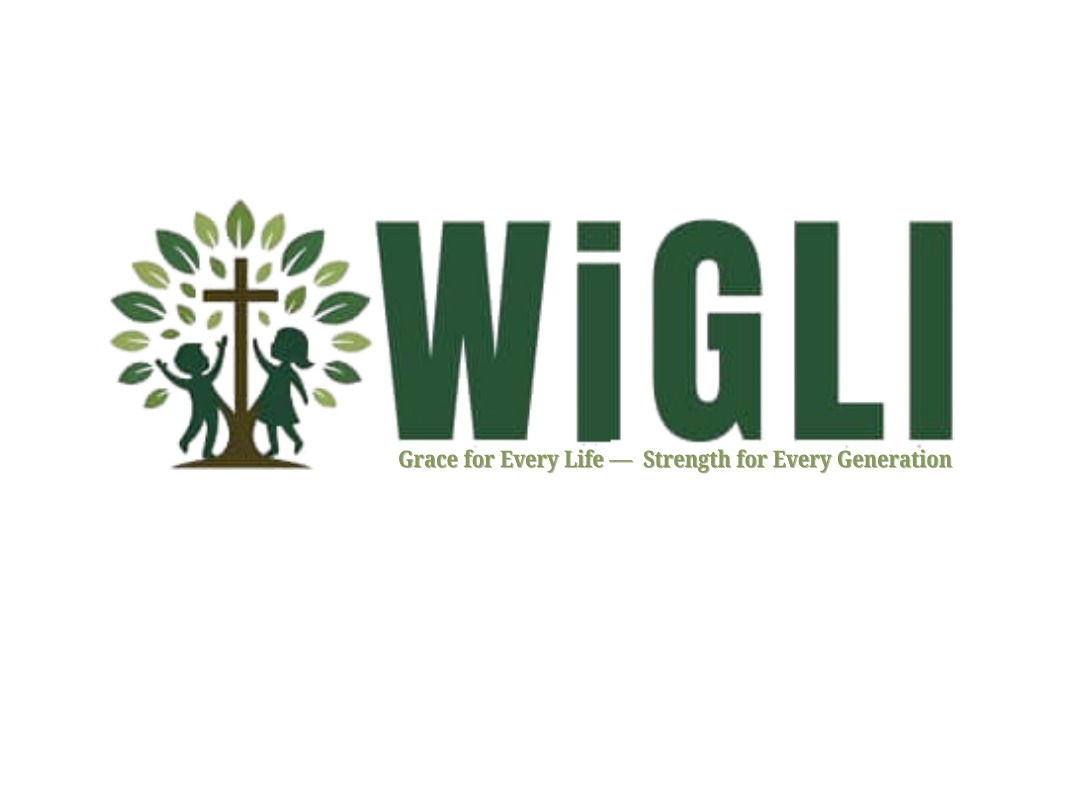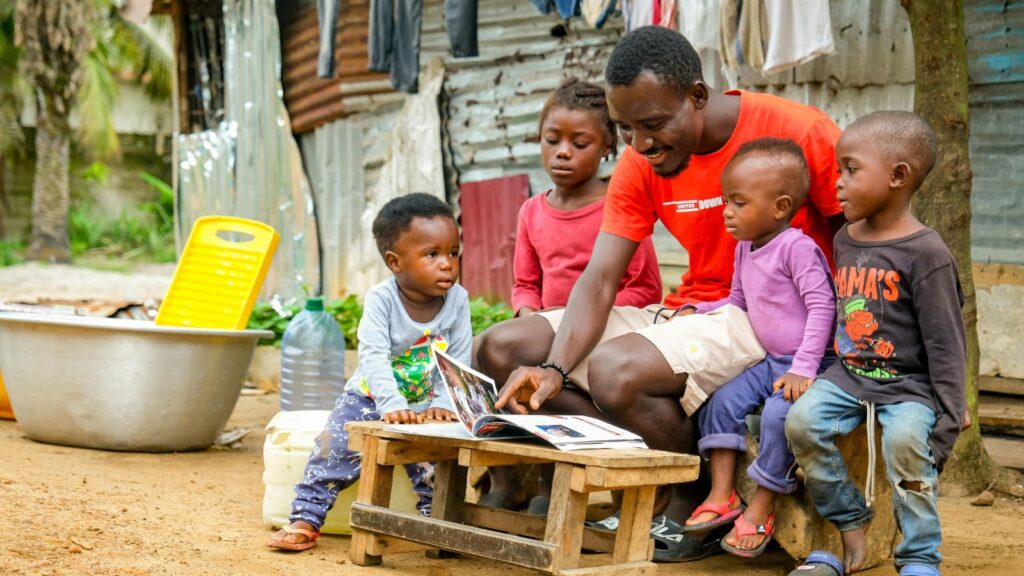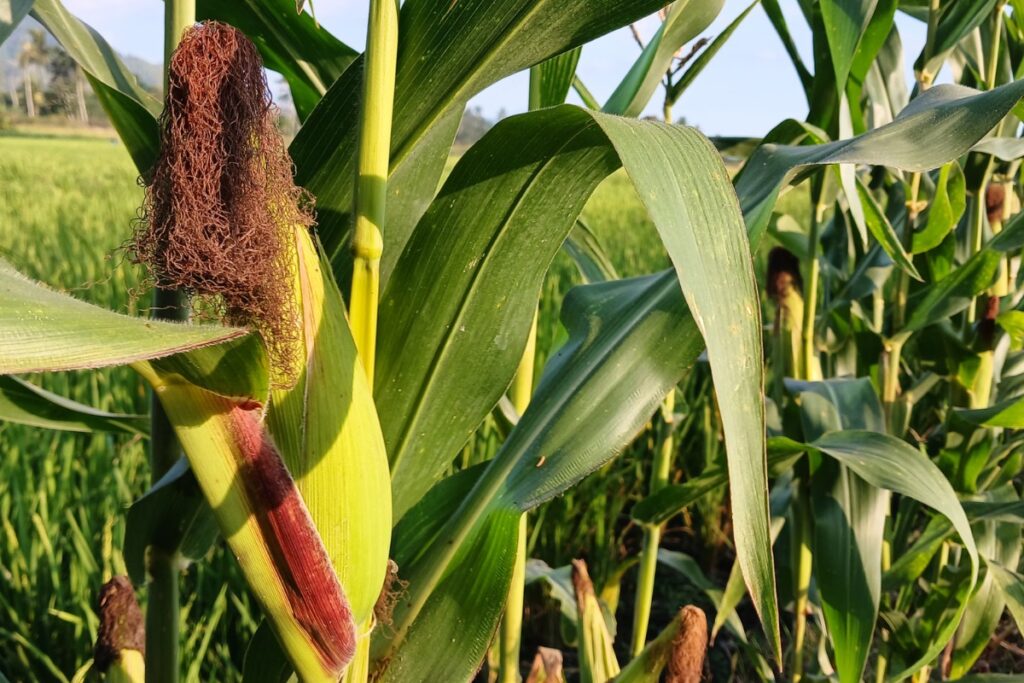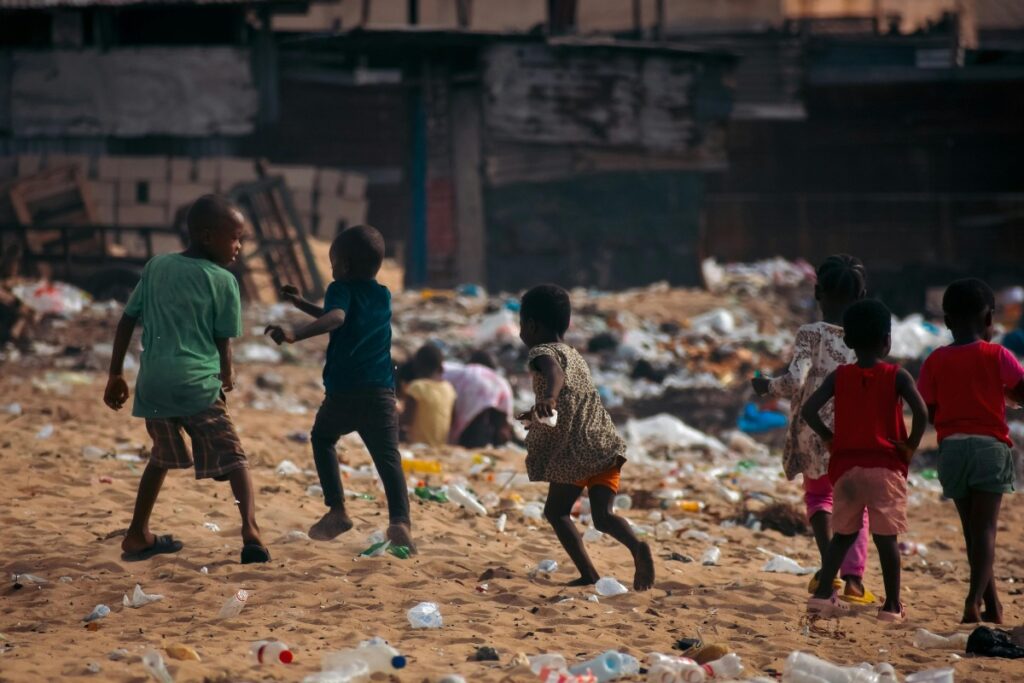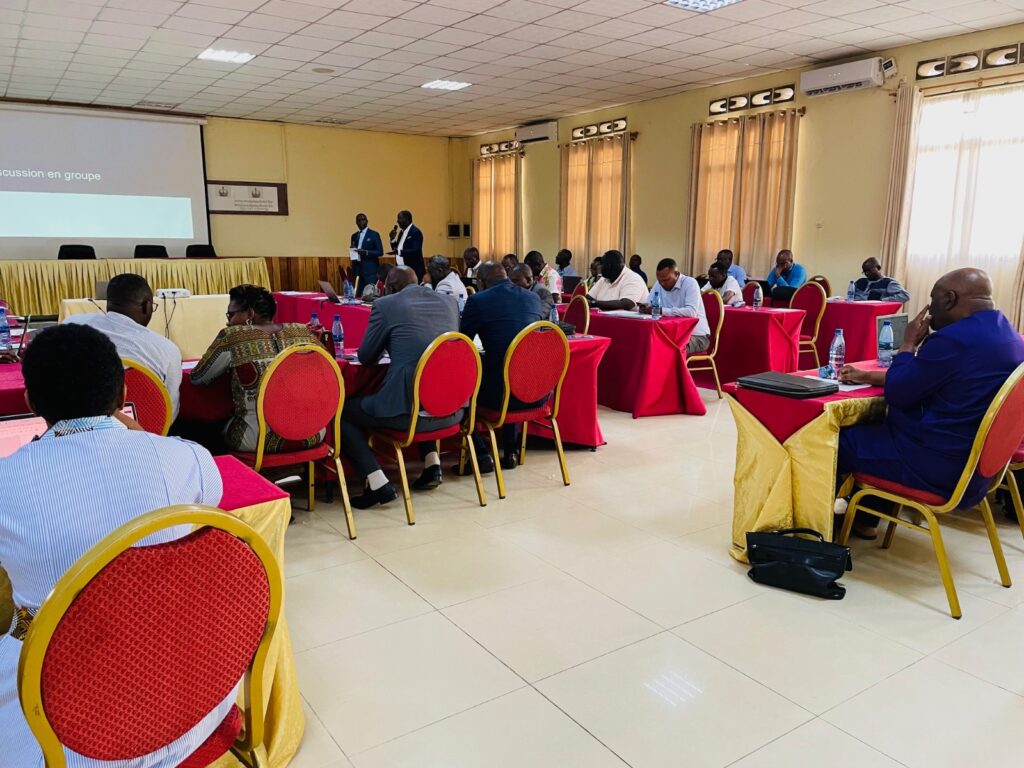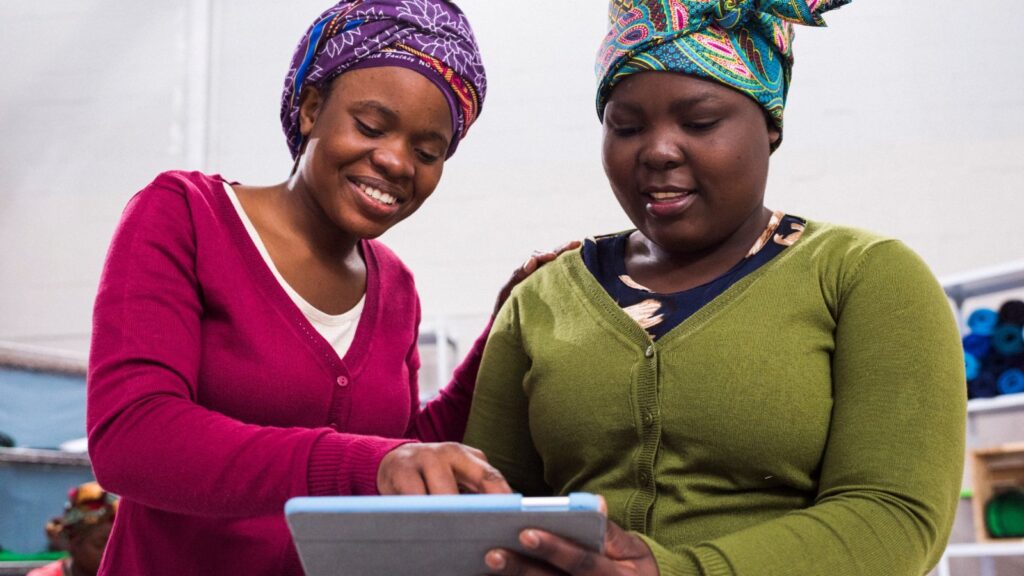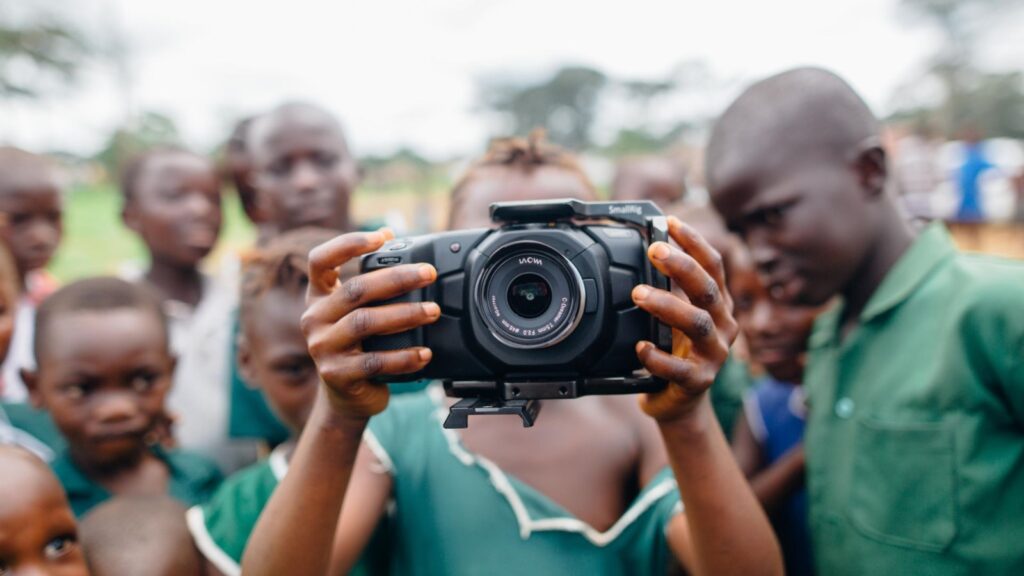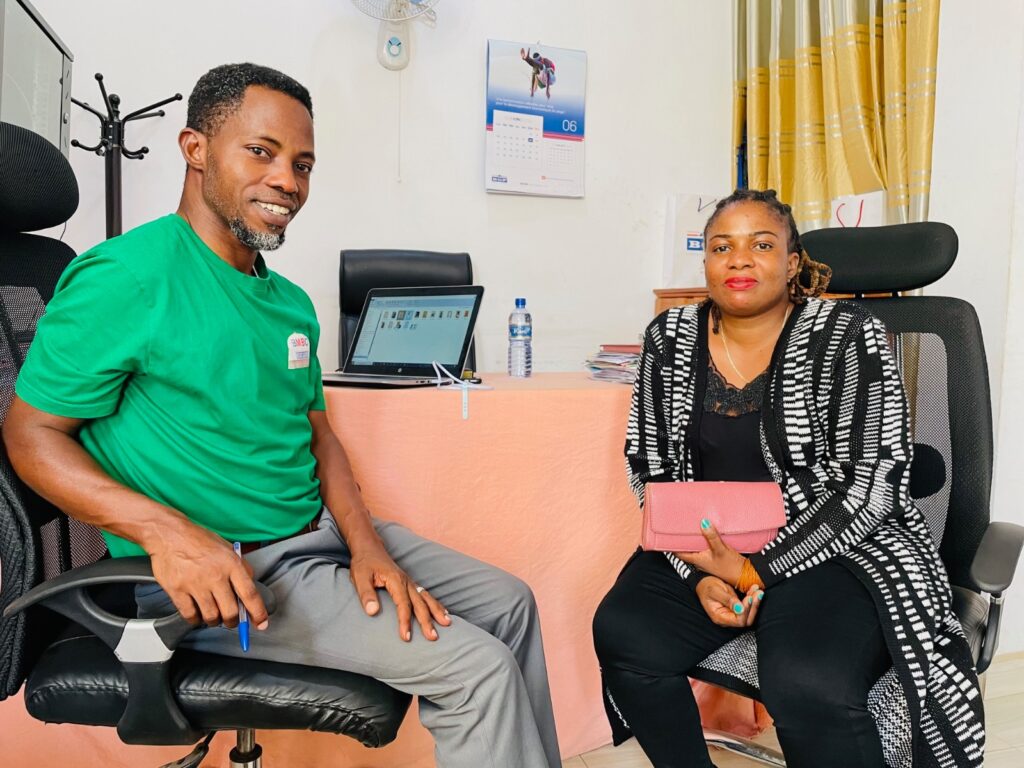Our Programs
Program Focus Areas
WiG for Life programs are integrated across health, nutrition, education, psychosocial
care, and climate resilience. We prioritize households as the foundational unit of care,
equipping caregivers with knowledge, tools, and spiritual support to raise thriving
children. Community ownership ensures local sustainability. Our programs are
spiritually grounded and practically effective.
- Immunization, deworming, and routine child growth monitoring
- Treatment of common childhood illnesses such as malaria, pneumonia, and diarrhea
- HIV prevention, testing, and linkage to care for children, adolescents, and caregivers
- Organization of Child Health Days and strengthened referral systems for timely care
- Health literacy sessions for caregivers, including education on nutrition, disease prevention, and HIV awareness
- Management of acute and moderate malnutrition
- School feeding programs and micronutrient supplementation
- Breastfeeding support and maternal nutrition education
- Promotion of healthy diets, hygiene, and environmental practices
- Establishment of kitchen gardens in schools and communities
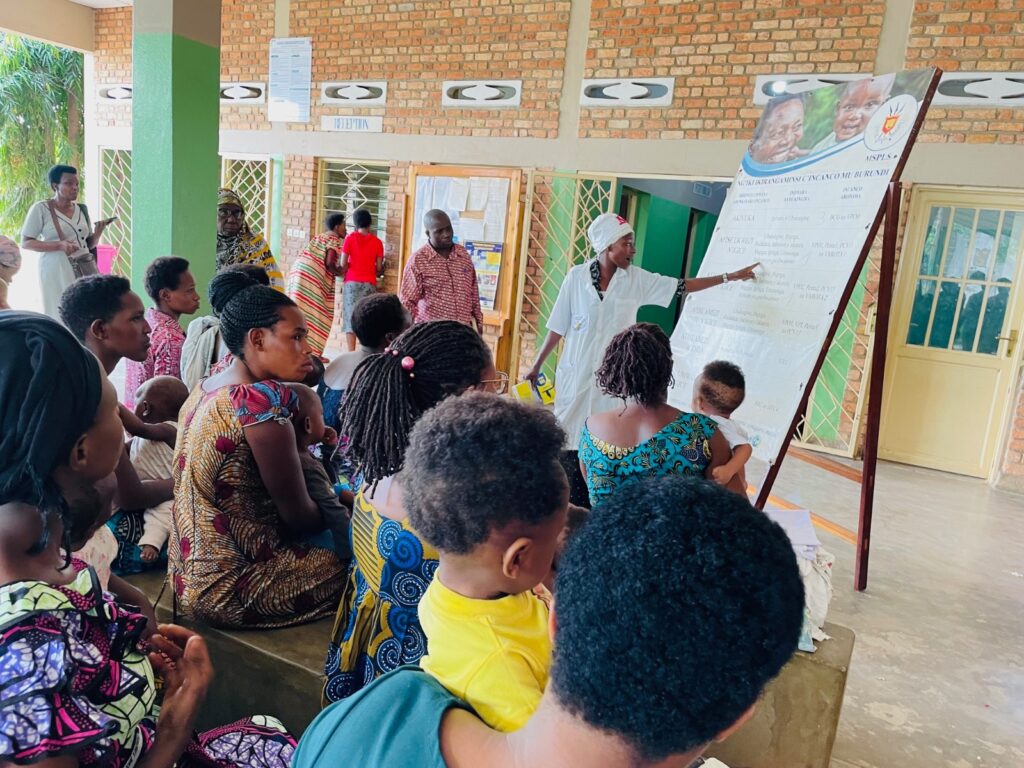
Hope-Based Mental Health & Psychosocial Support
- Trauma-informed mental health counseling for children and caregivers
- Safe spaces, play therapy, and structured recreational activities
- Parenting sessions and community-based support groups
- Early childhood development and stimulation during the first 1,000 days
- School kits, remedial learning, and homework assistance
- Life skills education, peer-led SRH (Sexual & Reproductive Health) using ICT tools
- School-based health and nutrition clubs and engagement with Parent-Teacher Associations (PTA
- Access to safe water and improved sanitation in schools and child-friendly spaces Safe water access and sanitation in child-friendly spaces
- Hygiene promotion including menstrual hygiene and oral health
- Hygiene kits and caregiver behavior change education
- Home visits, case management, and referral pathways
- Emergency support: shelter and food assistance
- Livelihood support, vocational skills training, and income generation
- Household food production using biofortified crops
- Livelihood and agri-entrepreneurship training
- Savings groups, financial literacy, and market linkages
- Building resilience to economic and climate-related shocks
- Climate-smart agriculture and reforestation initiatives
- Environmental education for children and youth
- School and community -based disaster preparedness and resilience building
- Data-driven and participatory tracking of program outcomes
- Adaptive program management based on real-time learning
- Evidence-based reporting to inform strategic decision-making
- Digital child records with unique identifiers
- Mobile tools for education and case management
- Real-time dashboards and feedback systems to improve decision-making
- Sharing stories of impact through videos, reports, and digital campaigns
- Promoting community transformation through success stories and local media
- Hope-driven messaging for behavior change and advocacy
- Digital advocacy using data and voices to influence policies and mobilize suppor
- Strengthening community leadership and local engagement
- Resource mobilization and local fundraising strategies
- Capacity building of local staff, volunteers, and partner institutions
- Environmental sustainability and household economic models for long-term impact
